Tuberculosis and Diabetes: Why Integrated Care Matters | Webinar
Date
COVID-19 has challenged governments and the public health community to consider how to manage the synergistic effects of pandemic infection, endemic infectious disease, and the noncommunicable diseases (NCDs) that are now among the leading causes of death around the world.
The connection between tuberculosis (TB) and diabetes has been known for many years – people with TB are more likely to develop diabetes and diabetes triples the risk of developing TB, compared to people without those co-morbidities. But now COVID-19 has further exacerbated these linkages. People living with NCDs like diabetes are more likely to develop severe cases and die from COVID-19, and there is evidence that patients with TB are at increased risk for COVID-19, putting millions at risk.
Integrating preventive and treatment interventions to address diabetes within TB care is essential to addressing these dangerous co-morbidities and achieving more equitable care for all. However, health systems in low- and middle- income countries often face challenges in integrating NCD and infectious disease care due to the siloed nature of health funding and education.
Join us to hear a diverse group of global health experts discuss how to address the increasingly urgent issue of multi-morbidity and share different examples of integrated TB and diabetes care – from clinical to country and global perspectives.
Watch the Webinar
Meet the Speakers
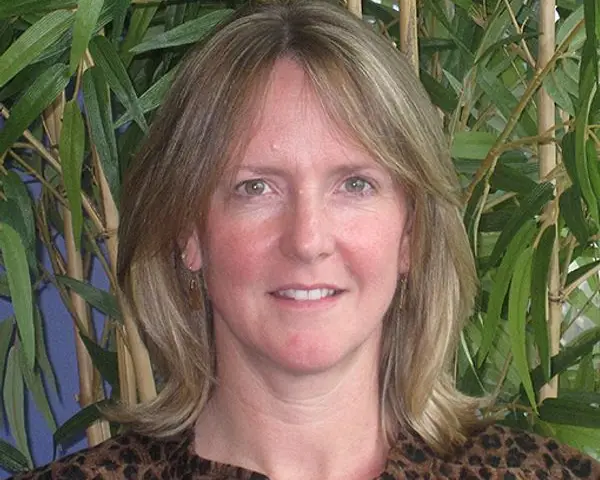
Moderator: Erin Eckert, Ph.D, Director of Infectious Diseases, RTI International
Erin Eckert is an infectious disease epidemiologist with 25 years of experience in surveillance, metrics, and evaluation of disease control programs. She is currently Director of the Infectious Disease Portfolio at RTI International, where she manages multiple projects in Africa and Asia addressing malaria and infectious disease priorities. Prior to RTI, she served as Senior Technical Advisor/Epidemiologist with the President’s Malaria Initiative (PMI) at the United States Agency for International Development (USAID).
Prior to joining USAID, Dr. Eckert was employed by ICF in their Demographic and Health Research Division where she led an interdisciplinary team working on developing methods and approaches for improving the measurement of infectious disease programs. She has served as an advisor to bilateral and international organizations such as USAID, the United Nations International Children's Emergency Fund (UNICEF), World Health Organization (WHO), Roll Back Malaria and others on infectious disease-related issues.
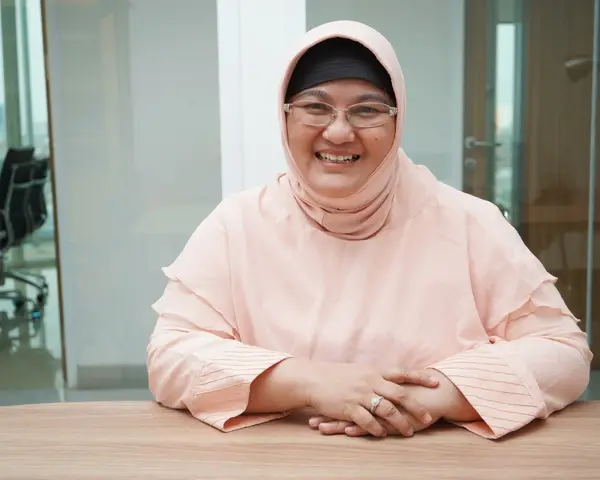
Erlina Burhan, MD, Ph.D, Pulmonologist, University of Indonesia and Head of the Treatment Team on the Commando COVID-19 Team, Persahabatan National Lung Hospital
Dr. Erlina Burhan, MD, PhD, is a pulmonologist with more than 16 years of experience in pulmonology and respiratory medicine. She is spearheading the fight against TB in Indonesia and has served as the head of the Infection Division Department of Pulmonology and Respiratory Medicine, Faculty of Medicine, University of Indonesia (DPRM-FMUI) since 2012. She is trusted as the key person in the fight against TB and has served as the head of Professional Organization Coalition against Tuberculosis (KOPI TB) in Indonesia; a member of the Board of Directors in the International Union Against Tuberculosis and Lung Diseases (IUATLD); and as the Head of the TB Assembly Asia Pacific Society of Respirology (APSR). She is also involved in the WHO Guideline Development Group and a lecturer and researcher at the University of Indonesia where she teaches and researches tuberculosis, pneumonia, and other infectious lung diseases.
Recently, Dr. Burhan has taken on the role as the Head of the Treatment Team on the Commando COVID-19 Team at Persahabatan National Lung Hospital. As an expert in infectious lung disease, she is also heavily involved in the development of various COVID-19 guidelines in Indonesia, giving training for healthcare workers and acting as a national level advisor in creating health policy.
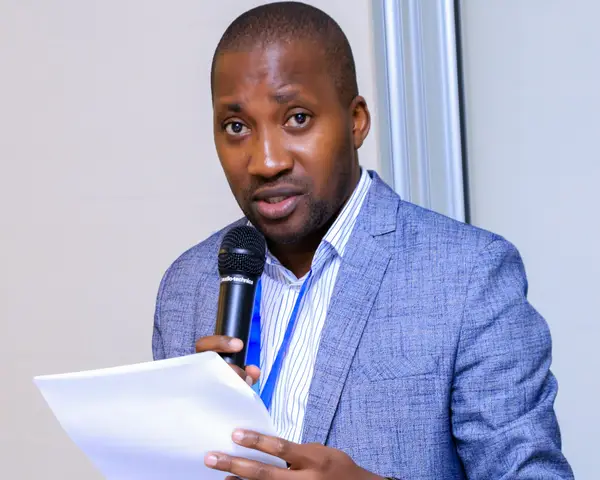
John Paul Dongo, MPH, Country Director, The Union Uganda Office, International Union Against Tuberculosis and Lung Disease
Mr. John Paul Dongo is a public health specialist with over 13 years of work experience in the field of public health, 11 of which are directly in the field of TB control. John Paul is the Country Director for The Union Uganda office as well as The Union’s lead for the Sub-Saharan Africa Regional Child and Adolescent TB Centre of Excellence, co-established with CDC-Global TB Branch.
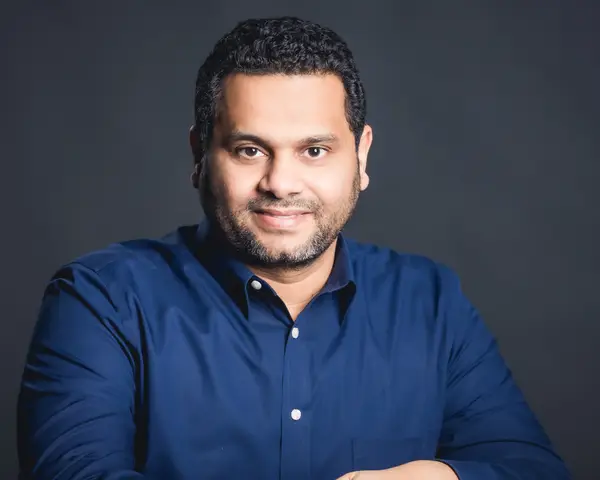
Salah Foraida, MD, MS, Senior Director, Head of Medical Affairs, TB Alliance
Dr. Foraida is a physician with 19 years of combined experience in clinical practice, and leadership roles in medical affairs & clinical development departments at multiple pharmaceutical corporates across several therapeutic areas. His role in TB alliance includes defining the medical affairs strategy, collaborating with public health agencies, scientific community, and global partners to bring TB approved regimens to patients.
Dr. Foraida earned his Medical Degree from Cairo University, and a Master of Science in Emerging Infectious Diseases from Georgetown University in Washington DC.
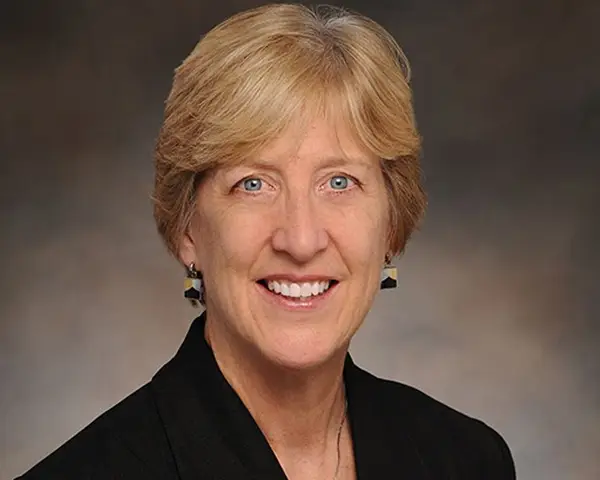
Rachel Nugent, Ph.D, VP Director of the Center for Global Non-communicable Diseases, RTI International
Rachel Nugent, PhD, has more than 30 years of experience in global development as a researcher, practitioner, and policy advisor to governments. She leads a team charged with providing policy analysis, implementation, and evaluation of cost-effective strategies to prevent and control global NCDs.
Dr. Nugent is a member of the Lancet Commission on Noncommunicable Diseases and Injuries of the Poorest Billion, the U.S. Institute of Medicine Committee on Economic Evaluation, and the International Expert Group for the Global Nutrition Report. She also works with the World Health Organization Global Coordination Mechanism Working Group on Noncommunicable Disease Financing and is on the External Advisory Committee of the NCD Alliance and Children’s Heartlink. Previously, Dr. Nugent was an associate professor of global health at the University of Washington and director and principal investigator of the Disease Control Priorities Network.

Miriam Schneidman, Former Lead Health Specialist, World Bank
Recently retired after forty-four years, Miriam Schneidman worked on health and human development issues in the Latin America and Africa regions of the World Bank. Up until recently, she worked as a Lead Health Specialist in the Africa Region of The World Bank where she managed a portfolio of investment operations and analytical work. She has led the design and development of a wide range of health systems and communicable disease investment operations, and worked extensively on HIV/AIDS, family planning/reproductive health, and demographic issues. Schneidman represented the World Bank on the Stop TB Partnership Coordinating Board and on the Inter-Agency Task Force on NCDs.
Previously, she served as a member of the Global Task Force on Expanded Access to Cancer Care and Control and co-managed a knowledge exchange with the Lancet NCDI Poverty Commission. She has written about demographic issues, vulnerable youth, and co-authored books and articles on women’s health, performance-based financing, laboratory systems, and cancer care. Schneidman holds degrees in Economics from the University of Maryland and in Public Health from Johns Hopkins University.